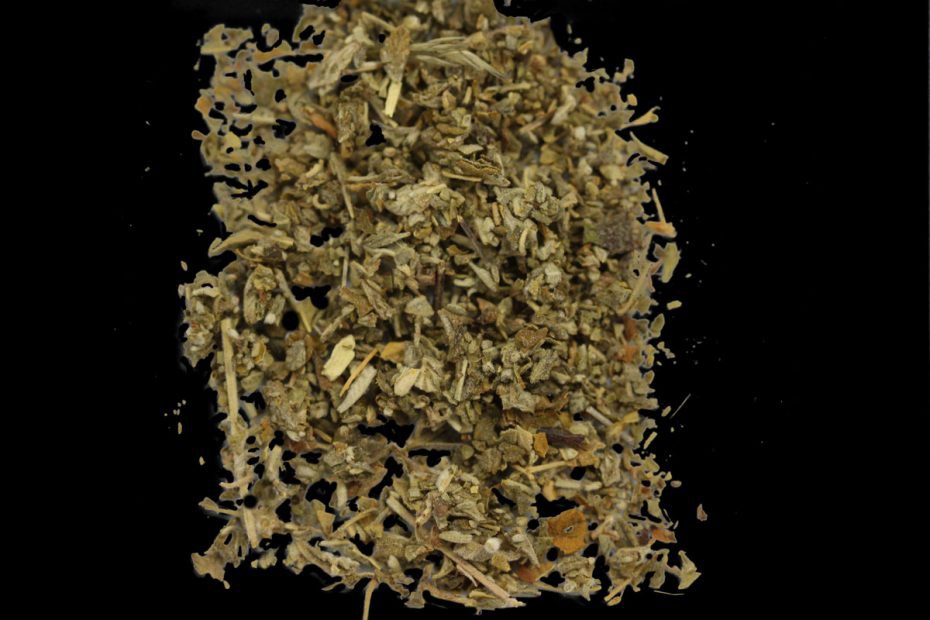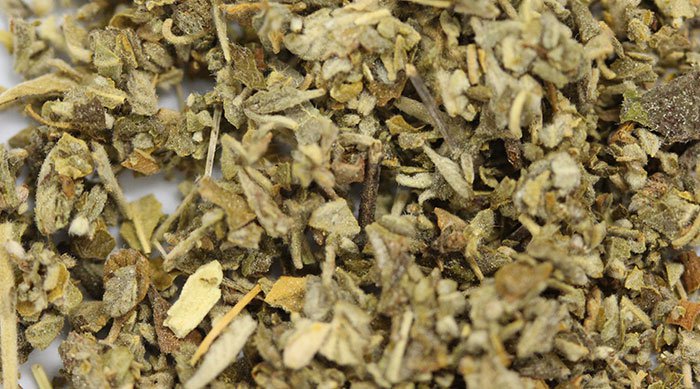Examining the Promising Applications and Positive Effects of Seasoning as an Artificial Cannabinoid
In recent times, the exploration of synthetic cannabinoids, especially Flavor, has actually triggered intriguing discussions within the medical and scientific neighborhoods. The prospective applications and influences of Seasoning in numerous healing setups have actually attracted focus for their unique residential or commercial properties and impacts on the human body. As research digs deeper into this synthetic compound, uncovering its similarities and variations with natural cannabinoids, a nuanced understanding of its benefits and challenges emerges. This discussion aims to shed light on the appealing opportunities that Flavor offers in the world of healthcare and wellness, motivating a reevaluation of conventional approaches to cannabinoid-based treatments.
Therapeutic Potential of Spice
Discovering the healing possibility of Seasoning, an artificial cannabinoid, includes an essential assessment of its pharmacological homes and prospective medical applications. Spice, additionally called synthetic marijuana, interacts with the endocannabinoid system in a manner similar to all-natural cannabinoids, such as those located in cannabis. This interaction results in different physiological effects that have triggered passion in its restorative opportunities.
Studies have shown that Seasoning may have possible as an analgesic, assisting to alleviate pain in problems such as neuropathic discomfort or chronic inflammatory pain - Buy K2 Paper For Sale. Furthermore, its communication with cannabinoid receptors presents a chance for discovering its usage in managing signs of problems like numerous sclerosis or chemotherapy-induced nausea and vomiting

Discomfort Monitoring Advantages
Flavor, an artificial cannabinoid, exhibits appealing possibility suffering monitoring due to its analgesic properties and interactions with the endocannabinoid system. The analgesic residential properties of Seasoning originate from its capacity to regulate discomfort assumption paths, offering remedy for various kinds of pain, including neuropathic, inflammatory, and nociceptive pain. By targeting the endocannabinoid system, Spice can regulate discomfort signals, lower swelling, and reduce discomfort related to chronic discomfort problems.
Researches have actually revealed that Flavor can successfully lower discomfort strength and boost discomfort resistance in preclinical versions of discomfort. This synthetic cannabinoid has demonstrated efficacy in managing pain signs and symptoms without causing considerable unfavorable effects frequently related to standard pain medicines. In addition, Spice reveals prospective in minimizing opioid dependancy and abuse, using a much safer option for pain management.
Neuroprotective Qualities
Synthetic cannabinoids like Spice have actually been progressively recognized for their potential neuroprotective residential or commercial properties in mitigating neuronal damages and promoting mind health and wellness. Studies recommend that these compounds might use neuroprotection through various systems, including antioxidant impacts, anti-inflammatory homes, and inflection of natural chemical release. By engaging with the endocannabinoid system in the brain, artificial cannabinoids can regulate neuronal task and potentially lower the effect of neurodegenerative conditions or injuries.
One secret facet of the neuroprotective residential properties of Spice is its ability to modulate excitotoxicity, a procedure wherein extreme excitement of neurons causes cell damages or death. By controling neurotransmitter release and wetting excitotoxic signaling pathways, synthetic cannabinoids might aid protect nerve cells from harmful overstimulation. In addition, the anti-inflammatory effects of Flavor can mitigate neuroinflammation, which is commonly linked in various neurological conditions.
Relative Evaluation With Natural Cannabinoids
In comparing the neuroprotective buildings of synthetic cannabinoids like Spice with those of natural cannabinoids, a nuanced examination of their corresponding effects on neuronal health and wellness Check Out Your URL is vital. All-natural cannabinoids, such as those located in the cannabis plant, have been extensively examined for their neuroprotective impacts. These substances connect with the endocannabinoid system in the body, which plays a vital function in preserving neuronal feature and protecting against neurodegenerative conditions.

Regulative and Ethical Considerations
Considering the potential effects on human wellness and wellness, an assessment of regulative and ethical factors to consider bordering using synthetic cannabinoids compared to all-natural cannabinoids is important. Synthetic cannabinoids, like Seasoning, existing special difficulties due to their frequently unidentified chemical make-ups and strength variations. Regulatory bodies encounter the overwhelming job of staying up to date with the rapid appearance of brand-new synthetic cannabinoid compounds, which can make it hard to implement constant and effective regulations.

To address these governing and honest challenges, policymakers must focus on research study into the lasting impacts of synthetic cannabinoids and develop clear guidelines for their manufacturing, sale, and use. Education projects are important to educate the public regarding the threats associated with artificial cannabinoids and promote accountable intake methods. By taking aggressive steps, culture can much better secure versus the prospective injuries presented by artificial cannabinoids while supporting moral standards and securing public health.
Final Thought
Finally, the examination right into the restorative potential of flavor as an artificial cannabinoid has revealed promising outcomes in pain monitoring and neuroprotection. Comparative evaluation with natural cannabinoids recommends similar benefits. Governing and useful reference ethical factors to consider have to be carefully analyzed before prevalent usage. In general, i was reading this the favorable impacts of spice as a synthetic cannabinoid warrant additional research study and expedition in the clinical area.